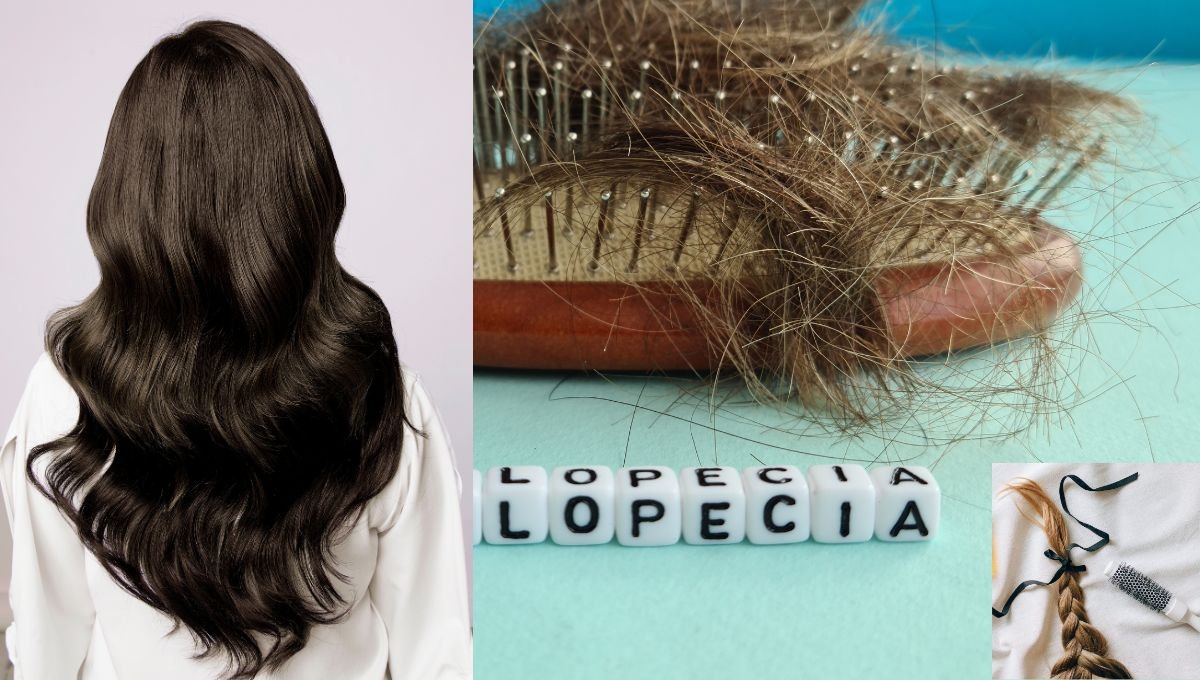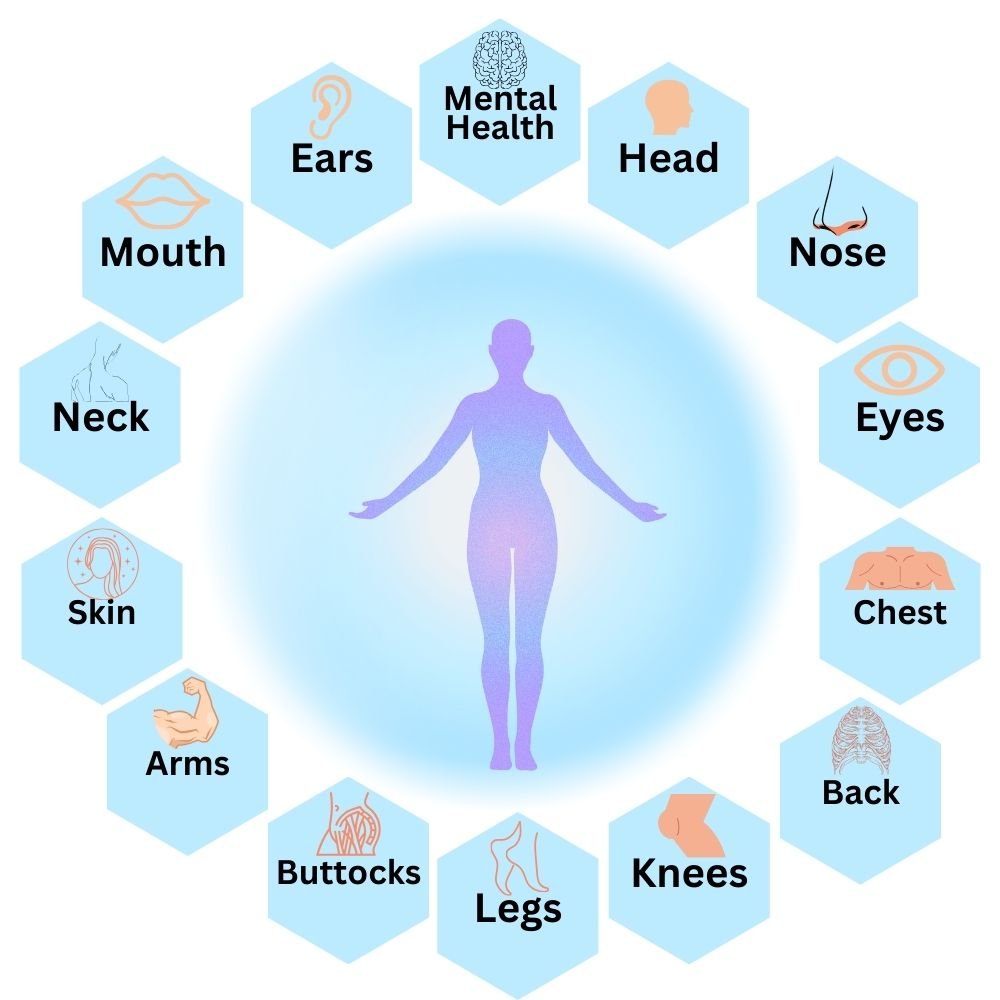Hair fall, or hair loss, is a common condition affecting both men and women worldwide. It can be caused by various factors, including genetics, hormonal changes, medical conditions, or improper hair care practices. Understanding the reasons behind hair fall and adopting appropriate treatments can help manage this condition effectively.
Post Views: 32










